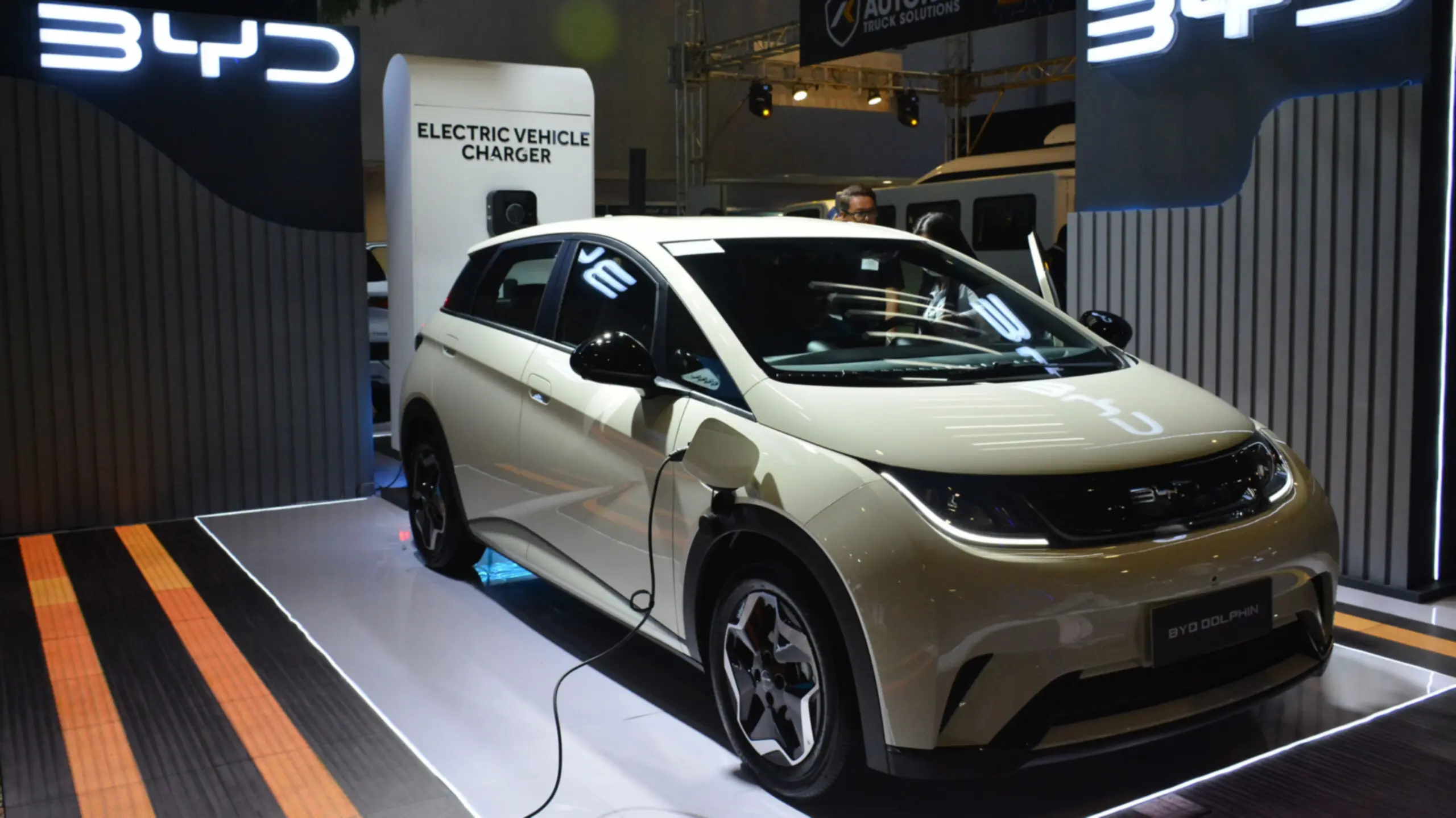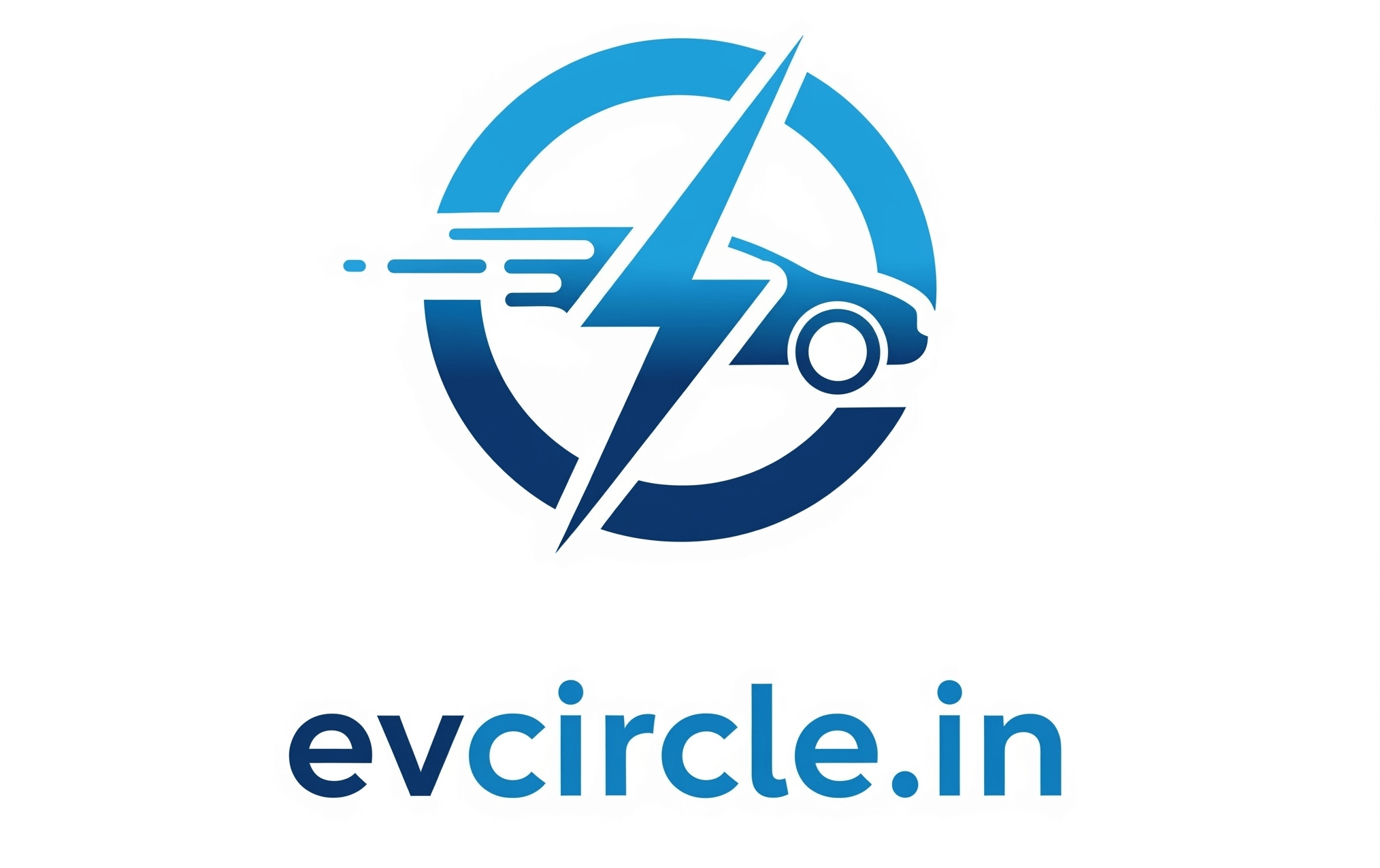
The federal government is weighing the possibility of removing tariffs on Chinese electric vehicles (EVs), a step that could make EVs more affordable in the country but might also damage the established auto industry.
Agriculture Minister Heath MacDonald said on Sept. 9 that the government was assessing whether to eliminate or cut EV tariffs. The review follows a year after Canada imposed a 100 per cent tariff on Chinese EVs. Any tariff rollback could be part of a broader response to China’s 100 per cent tariff on Canadian canola.
Canada put the EV tariff in place to shield domestic auto manufacturing. But many factors have shifted since then, including U.S. President Donald Trump’s tariffs on Canada and attacks on Canadian sovereignty, along with plunging EV sales.
Statistics Canada published figures on Sept. 8 showing a 39.2 per cent fall in new fully electric vehicle sales and linked this to the end of EV incentive programs in many regions. Earlier this year, the federal EV incentive exhausted its funds and in June, it was reported that the government was mulling a different approach to the EV rebate.
However, Prime Minister Mark Carney delayed the government’s plan to mandate that a certain share of new vehicles sold in 2026 be EVs, and postponed a wider review of the current EV mandate. The mandate sought to have every new vehicle sold in Canada be zero-emission by 2035. The delay was in reaction to the U.S. tariff situation.
No good options
The EV incentive program made EVs more accessible for Canadians. But while the discontinuation and uncertain future of the program likely played a role in declining EV sales, it isn’t the sole cause. Trump’s tariffs are straining consumers’ finances. For instance, new and used vehicle prices are expected to climb because of the tariffs’ effects. Additionally, there are very few inexpensive EVs — there aren’t many EVs on offer for under $45,000 in Canada.
There’s also the Elon Musk factor. Tesla models were among Canada’s top-selling EVs, but Musk’s close ties to Trump, not to mention his divisive political views, really turned Canadians off Musk and the Tesla brand. Add to that Tesla raising prices after the EV rebate disappeared, and it’s not surprising Tesla sales plummeted.
This situation leaves potential Canadian EV buyers in a difficult position. There’s no rebate to offset costs, limited affordable EV choices, and one of the most common EV options is linked to a controversial, ultra-wealthy, far-right individual. So it’s understandable that a Nanos Research poll found that 62 per cent of respondents were somewhat or fully in favour of removing a tariff on Chinese EVs.
Part of the worry about these EVs and why they were tarred initially was their extremely low price, with some models costing as little as about C$14,000 (not counting tariffs or other additional expenses, like shipping).
Flooding the market, or sparking competition?
There’s genuine concern that lifting the duty on Chinese EVs could inundate the Canadian auto market with low-cost EVs, with industry insiders telling the Toronto Star that it would be an “existential threat” to Canada’s automotive sector. It could even trigger retaliation from the U.S. as it might endanger major American automakers who, to date, haven’t really had to face competition from Chinese EVs because of protective measures like tariffs.
Experts pointed to Mexico to illustrate the effect of Chinese EVs. Five years ago, about four per cent of vehicles sold in Mexico were EVs, and now it’s roughly one-third of new cars, leading Mexico to raise its tariff on these EVs from 20 to 50 per cent.
There are also worries that Chinese EV manufacturers don’t source materials or parts from Canada, which could have ripple effects in other industries, as well as fears about the potential consequences for Canada’s emerging domestic EV producers.
While there are arguments on both sides, it’s evident that action is required. Canadians want cheaper EVs — anecdotally, an EV would suit me perfectly but there are no choices within my price range. But American automakers are unwilling or unable to provide affordable EVs. I also question how sensible it is for Canada to keep tying its fortunes to the U.S. given how Trump and his supporters have behaved. Perhaps trimming the tariff on Chinese EVs could stimulate competition in the auto sector and produce more affordable options for Canadians from a range of manufacturers.
Or, even better, maybe the Canadian government can begin investing more in Canadian-built public transit to reduce reliance on costly new vehicles, EV or otherwise.
See also: How Chinese EV Technology is Reshaping Global Automotive Design
Sustainability advocate with a keen eye on policies, trends, and real-world EV impact.

Leave a Reply